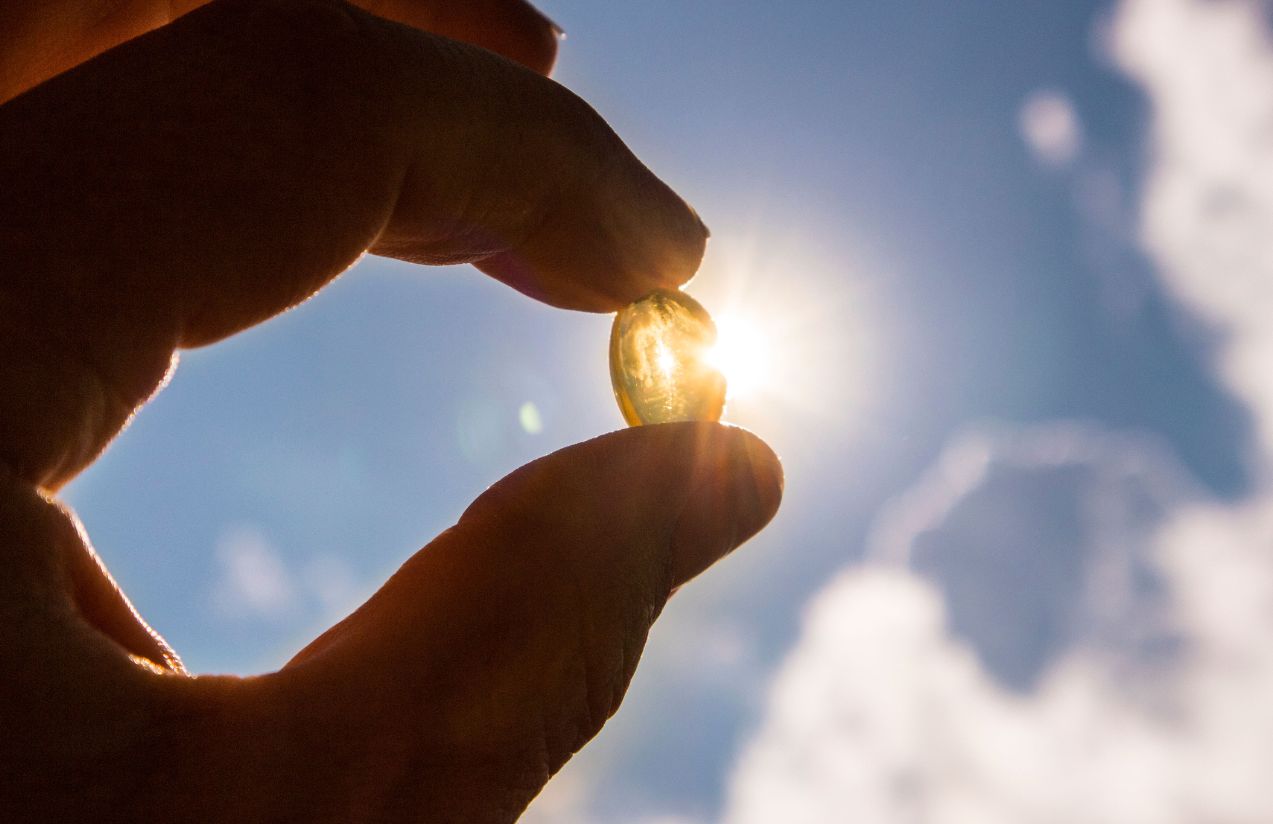A recent study led by Augusta University, published by La Vanguardia, has revealed that vitamin D supplements could help slow down cellular aging. According to the findings, taking 2,000 international units (IU) of vitamin D per day helps preserve telomeres, the protective caps at the ends of DNA strands that prevent them from fraying, much like the tips of shoelaces.
The research followed 1,031 participants with an average age of 65 over a five-year period. Half received vitamin D, while the other half were given a placebo. After two and four years, results showed that the vitamin D group lost 140 base pairs in their telomeres compared to the placebo group. For reference, in a decade people naturally lose about 460 base pairs, suggesting that this protection could be highly significant.
These findings add to the already known benefits of sunshine vitamin in strengthening bones, improving immune response, and reducing inflammation, factors that may explain its protective effect on telomeres.
Does this mean we should take unlimited high doses of vitamin D?
Not necessarily. While the results are promising, the optimal balance between benefit and risk remains unknown, overly long telomeres have been linked to certain diseases, and excessive of this vitamin intake can also cause adverse effects. What is clear is that this vitamin, combined with a healthy lifestyle, could be a promising tool against the passage of time.

